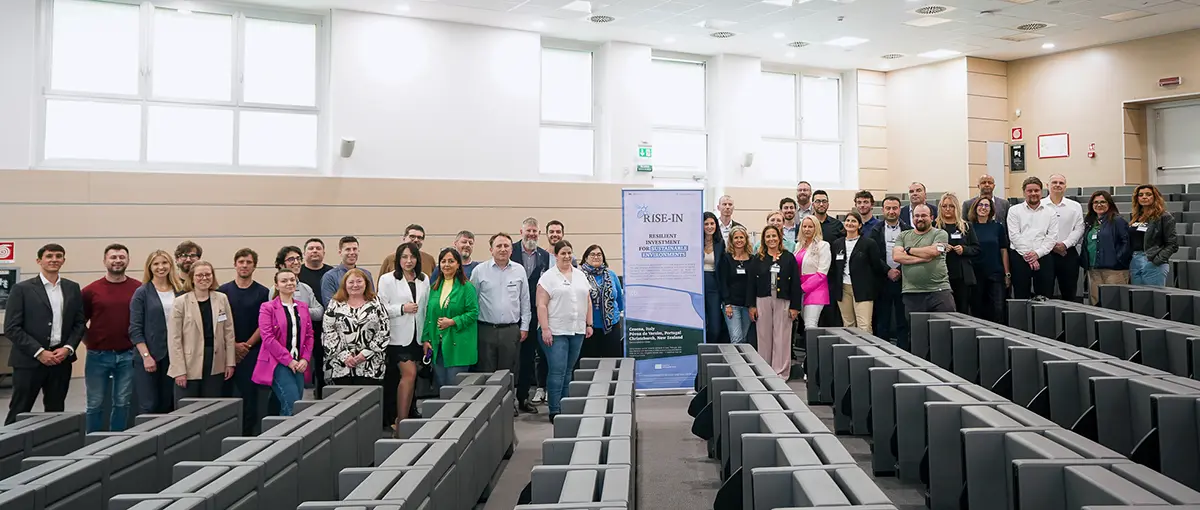RISE-IN: resilient solutions and innovative financing models to tackle the climate crisis

The Department of Management, Economics and Industrial Engineering at the Politecnico di Milano is leading a European project to make nature-based solutions bankable.
Nature-based solutions (NBS) are now recognised as key tools for responding to the climate crisis thanks to their ability to address climate change mitigation and adaptation, protect biodiversity, and promote community well-being. However, the large-scale deployment of NBS is hindered by several critical factors, including the small size of projects, the difficulty of measuring and monetising co-benefits, the long timeframe for return on investment, and the perceived high risk profile.
Against this backdrop, RISE-IN (Resilience-Investing through Scalable Ecosystem-based INterventions), a project funded by Horizon Europe, was established. Led by Prof. Laura Grassi from the Department of Management, Economics and Industrial Engineering at Politecnico di Milano, RISE-IN comprises 26 partners from 13 countries, including research institutions, municipalities, financial institutions, and civil society organisations.
The project, which runs for 60 months, has an ambitious goal: to demonstrate the bankability of Climate Resilient Solutions (CRS) by combining nature-based interventions, physical measures and technological approaches. This will ensure that the solutions are environmentally and socially effective, as well as attractive to investors.
The first demonstrations will take place in Cesena (Italy), Christchurch (New Zealand) and Póvoa de Varzim (Portugal), focusing specifically on flood management — the most costly natural disaster in Europe. These results will then be adapted and replicated in other cities, including Ghent (Belgium), Zhytomyr (Ukraine) and Kadiköy (Turkey). The aim is to test the solutions' scalability and adaptability to different contexts.
At the heart of RISE-IN lies a structured approach aimed at assessing the suitability of each project for financing. Risks, returns and feasibility will be analysed, with a particular focus on characteristics that could make projects more appealing to public and private investors. At the same time, three innovative climate risk assessment models will be developed that can reduce uncertainty about the impacts of extreme events and strengthen the soundness of investment choices.
The project's distinctive feature is its co-creation with local stakeholders, including institutions, communities, businesses and investors. This will enable the selection of the most appropriate solutions for each urban context, ensuring equitable and lasting resilience.
Further information can be found at: https://www.rise-in.eu/